
GREEN GRADS is a “platform” promoting recent graduates of UK Universities who are confronting the world’s most pressing eco-issues, and eight of them are coming to the Surface Design show on a joint stand, to show innovative bio-materials, sound-absorbing screens made from waste tennis balls, furniture from foraged timbers, along with sustainable woven and printed textiles and dramatic ceramics. All projects are available to order now.
GREEN GRADS’ founder/curator is Barbara Chandler, who for over 25 years was the design editor of the London Evening Standard. She explains: “Our graduates are tackling sustainability, climate change, circular production, waste and pollution, biophilia, bio-diversity and much more. They include engineers, product and furniture designers, material scientists, ceramicists, textile and graphic designers, craftspeople, artists, and film makers.”
GREEN GRADS, which began in 2021, promote these graduates and their projects through shows, films, informal Salons, a website, a YouTube channel and Instagram – and including the fourth cohort of 2024, there are now 200 GREEN GRADS in total. Barbara Chandler adds: “And we are delighted to be invited by director Nickie West to introduce a select bevy of GREEN GRADS to the Surface Design Show. We’ll showcase innovative furniture, fabrics, ceramics and biomaterials, all ready to hit the market. Our GGs are no longer students but assured professionals with the environment as their first priority.”
@greengradsuk
)
)
)

)
)
)
)
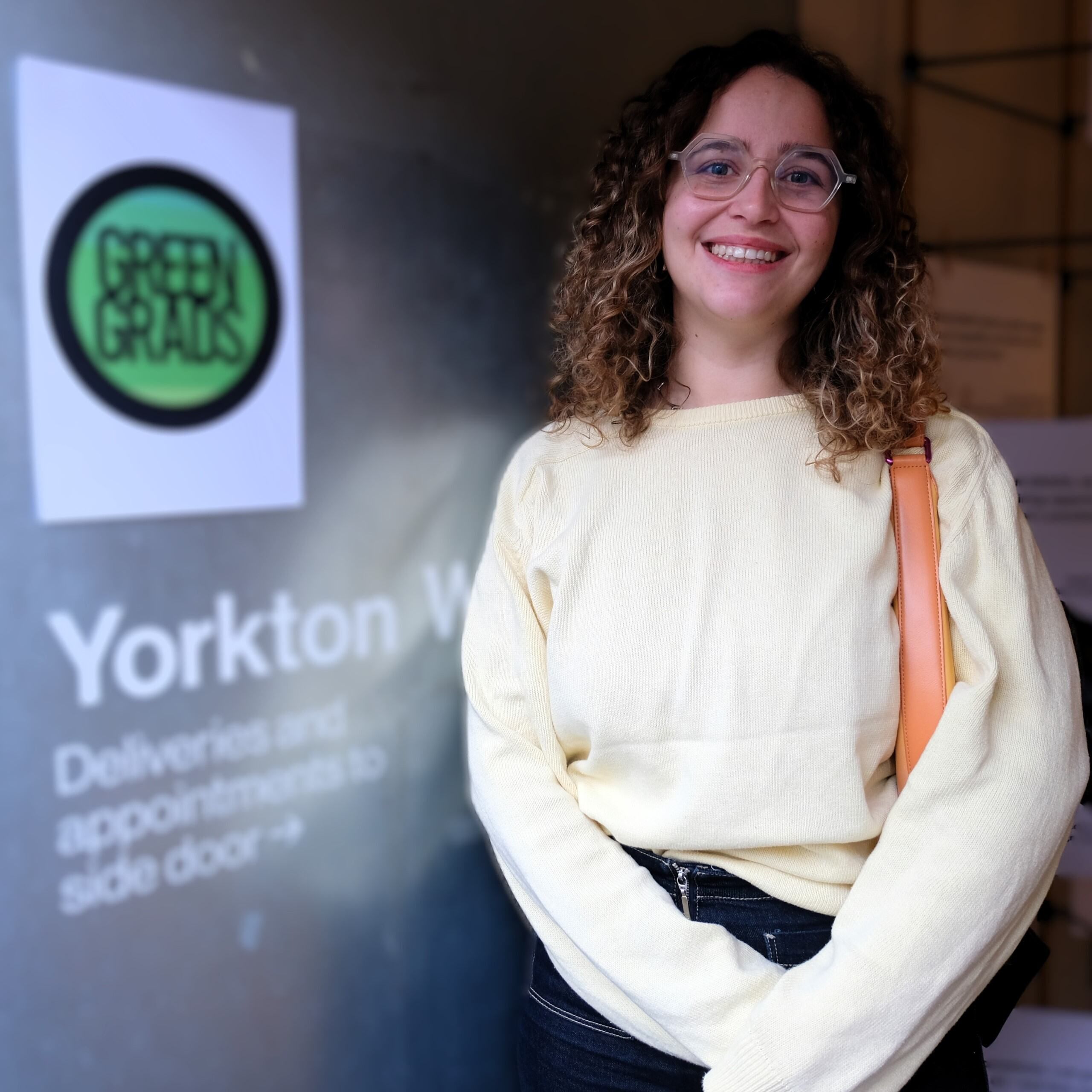
)
)
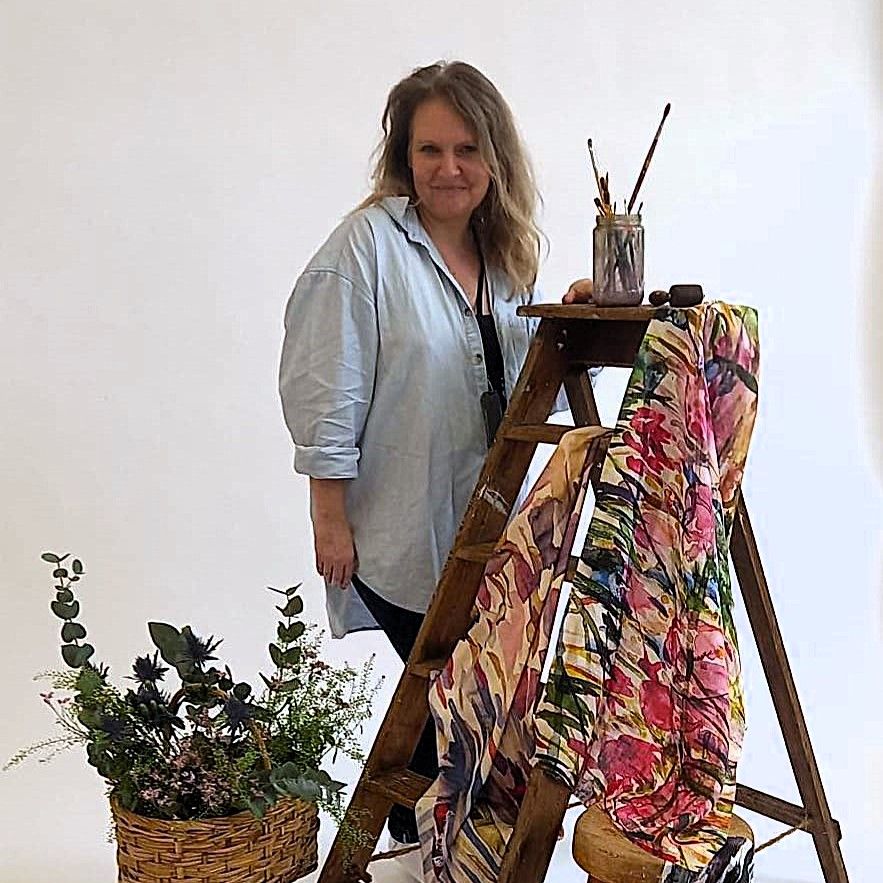
)
)
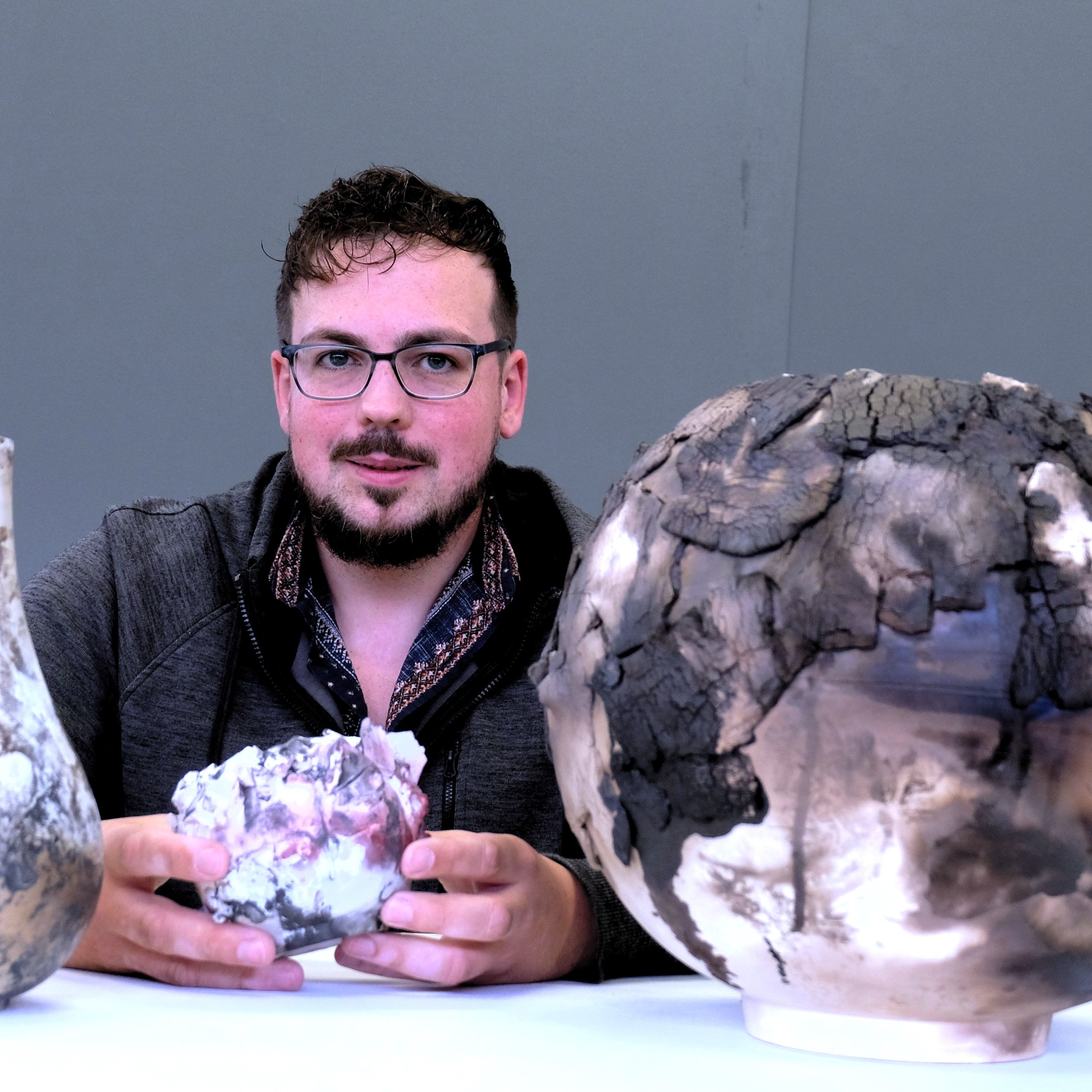
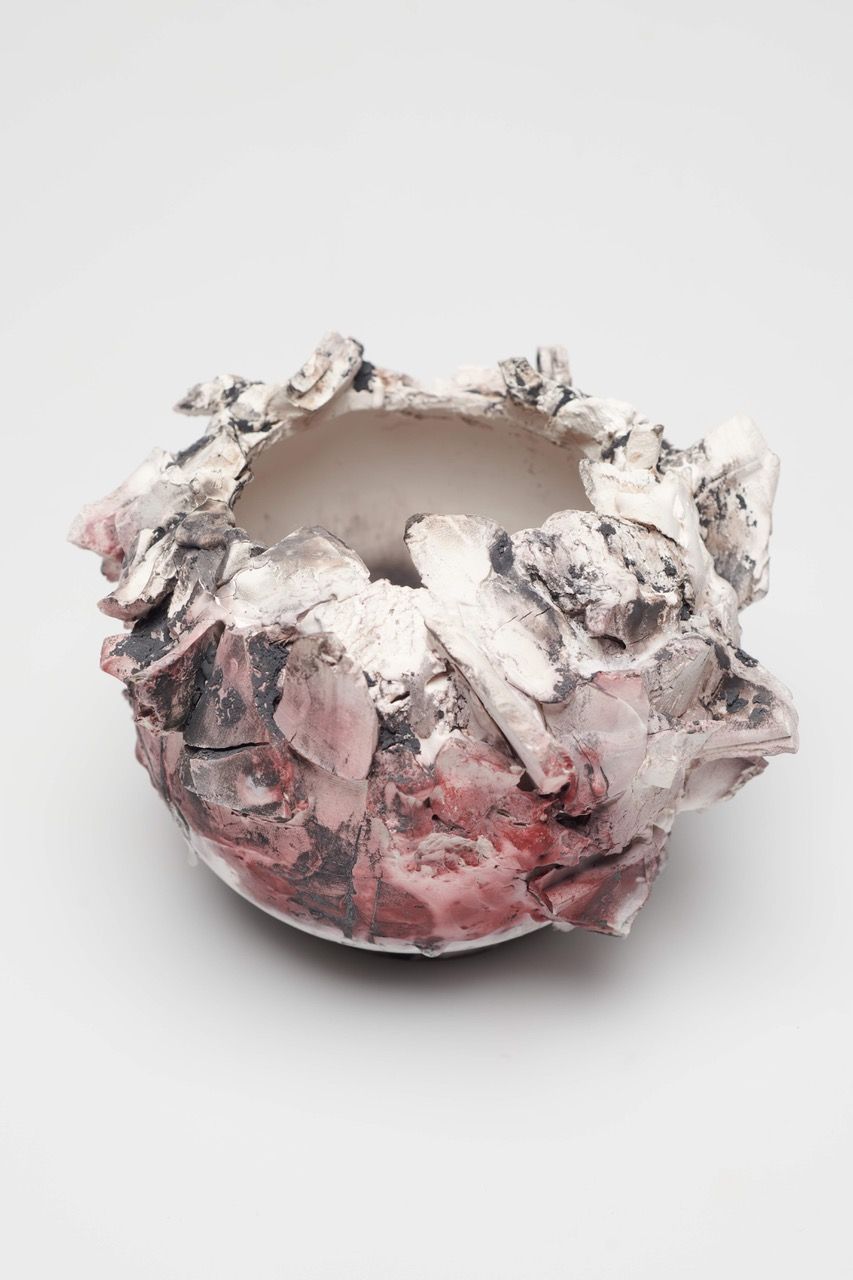
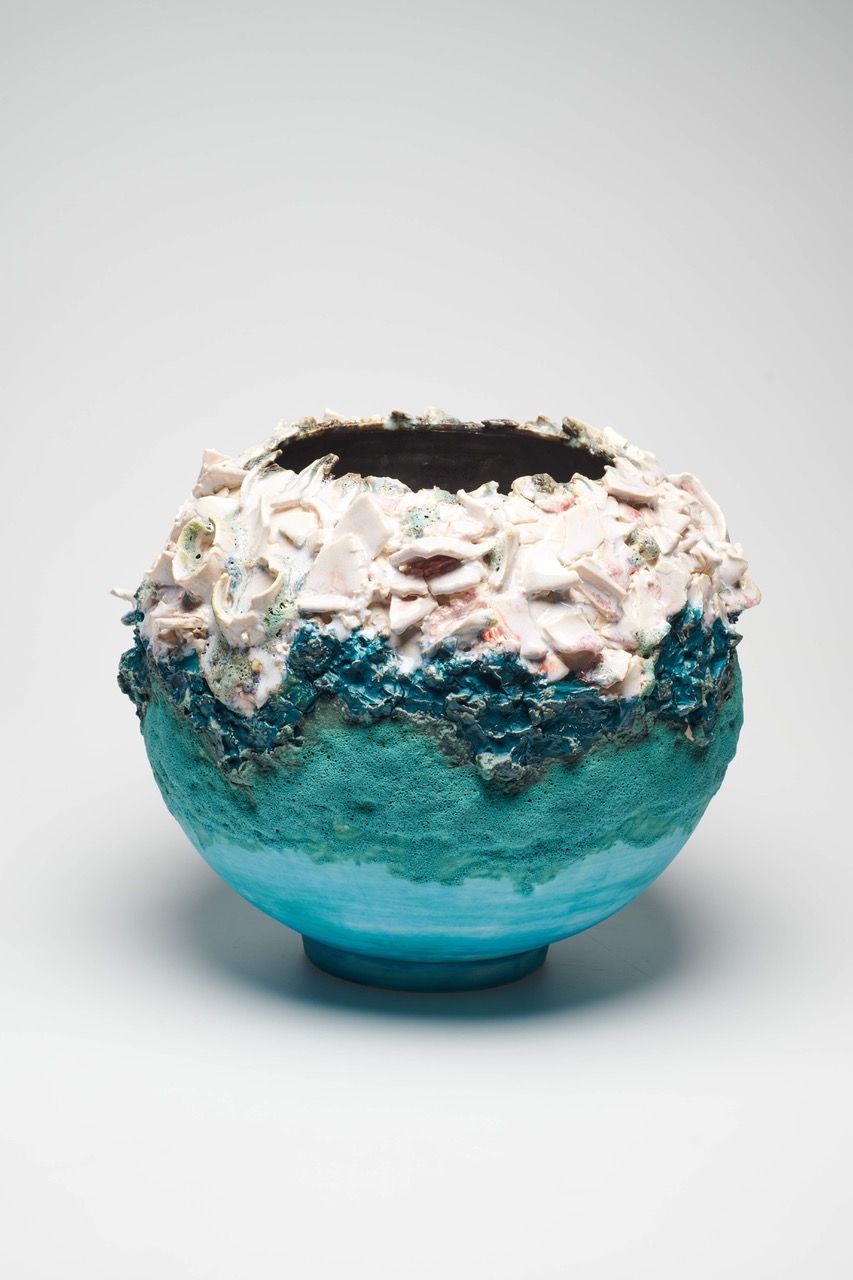
)
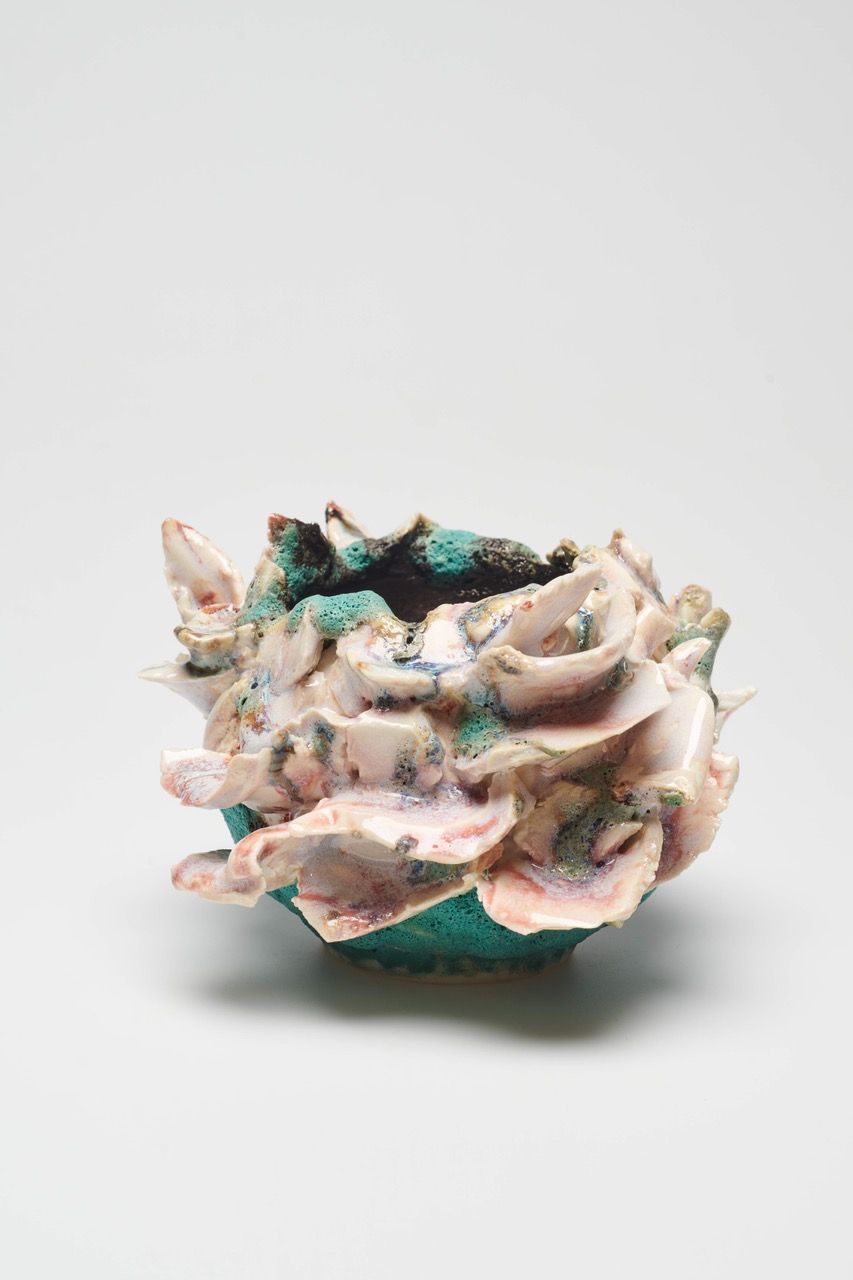
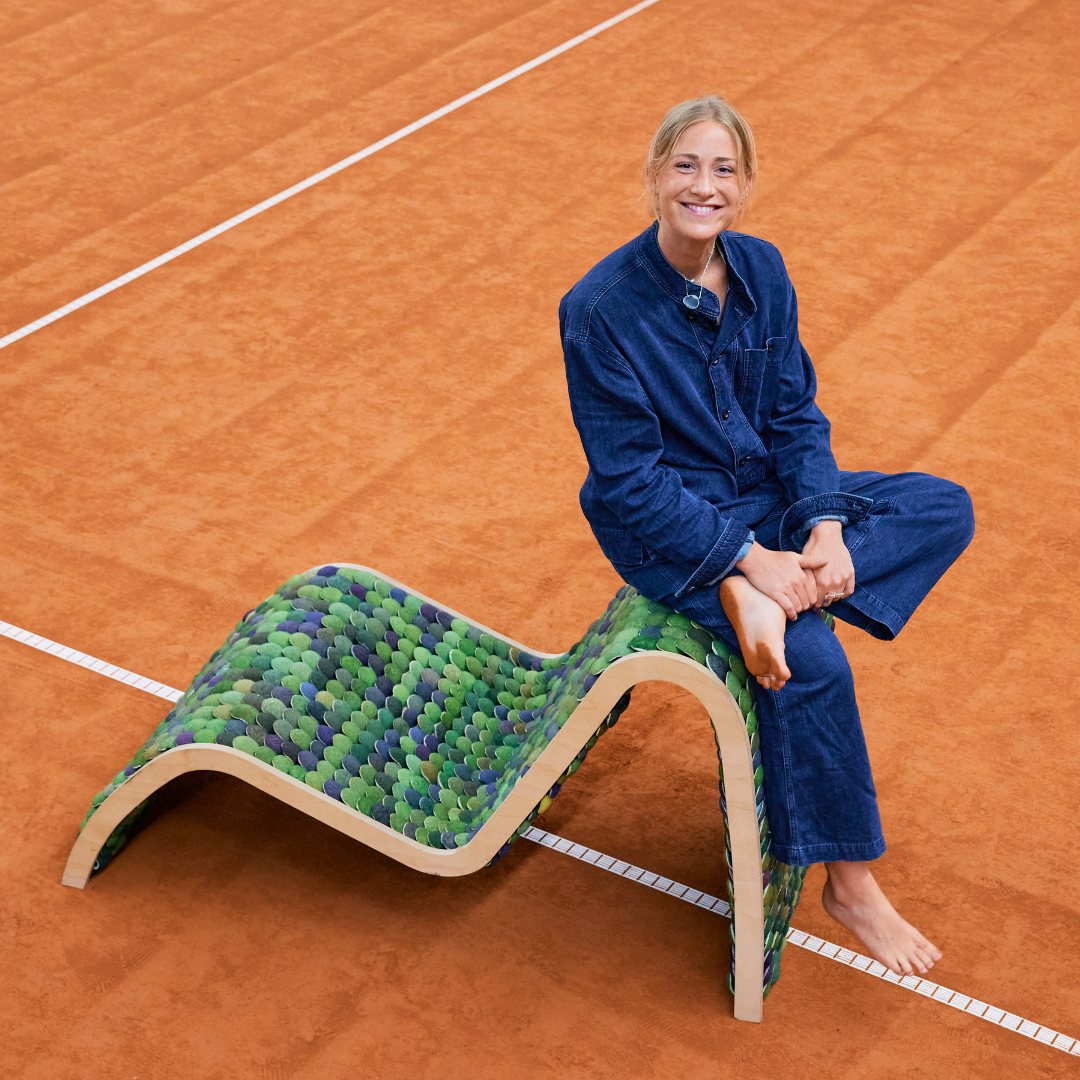
)

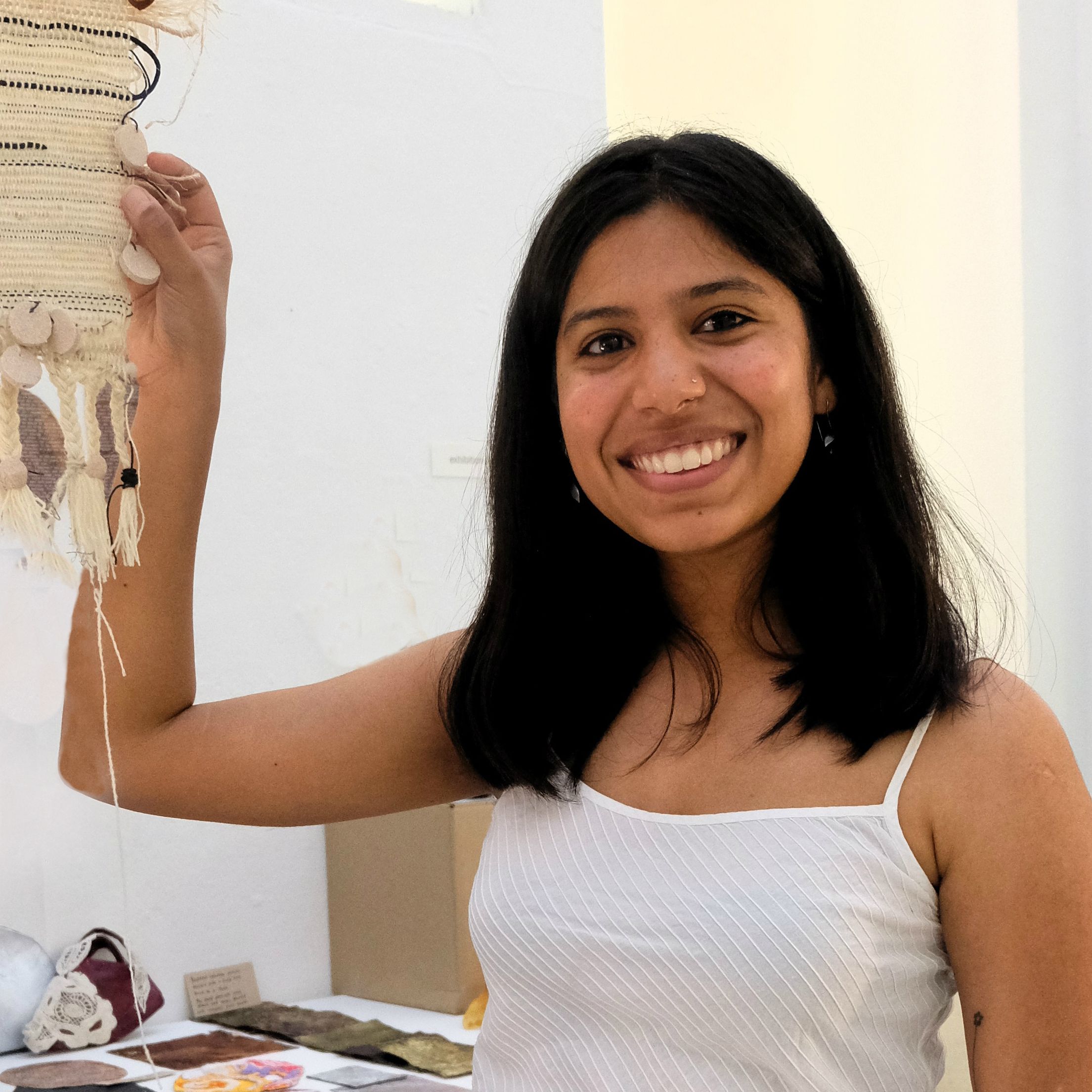
)
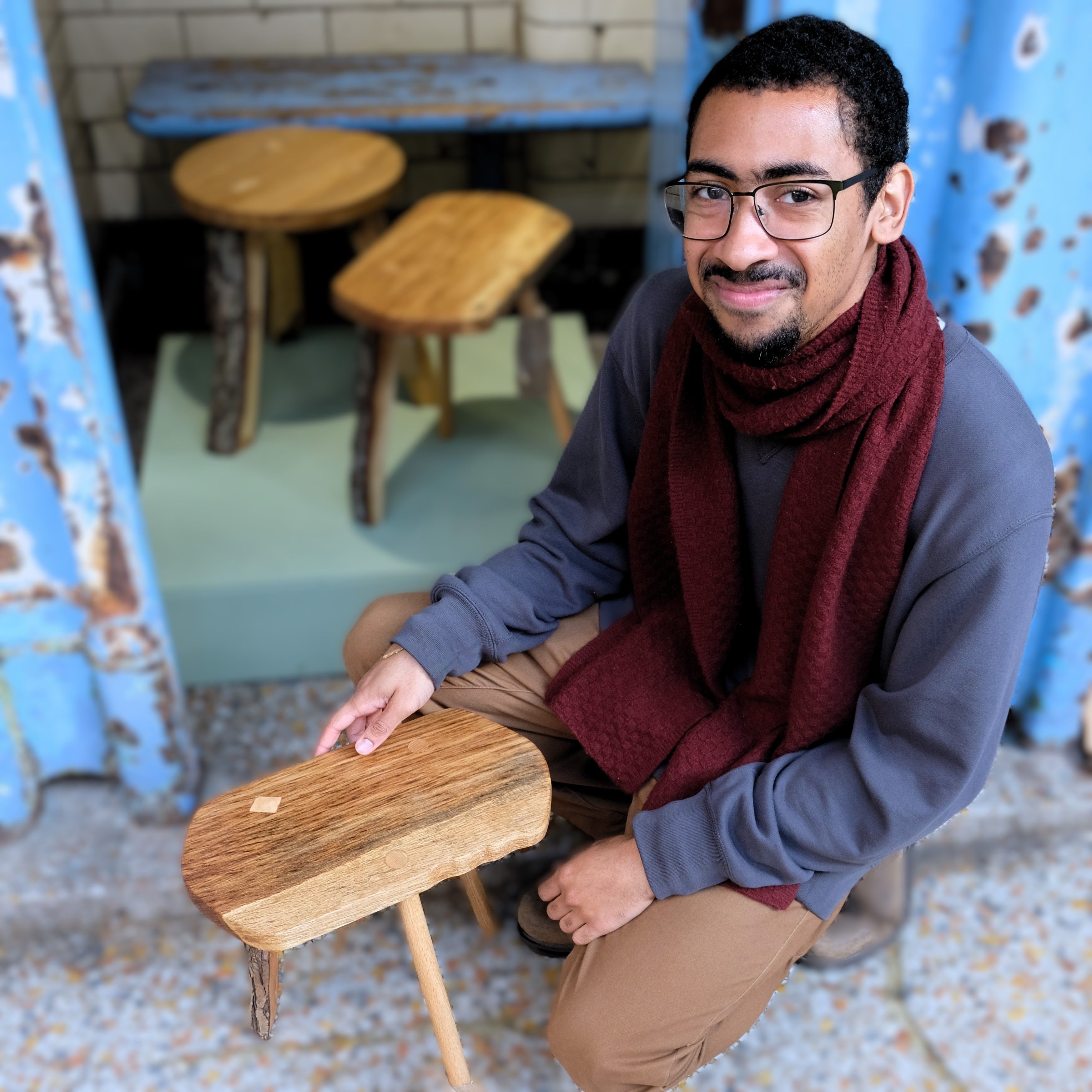
)


)